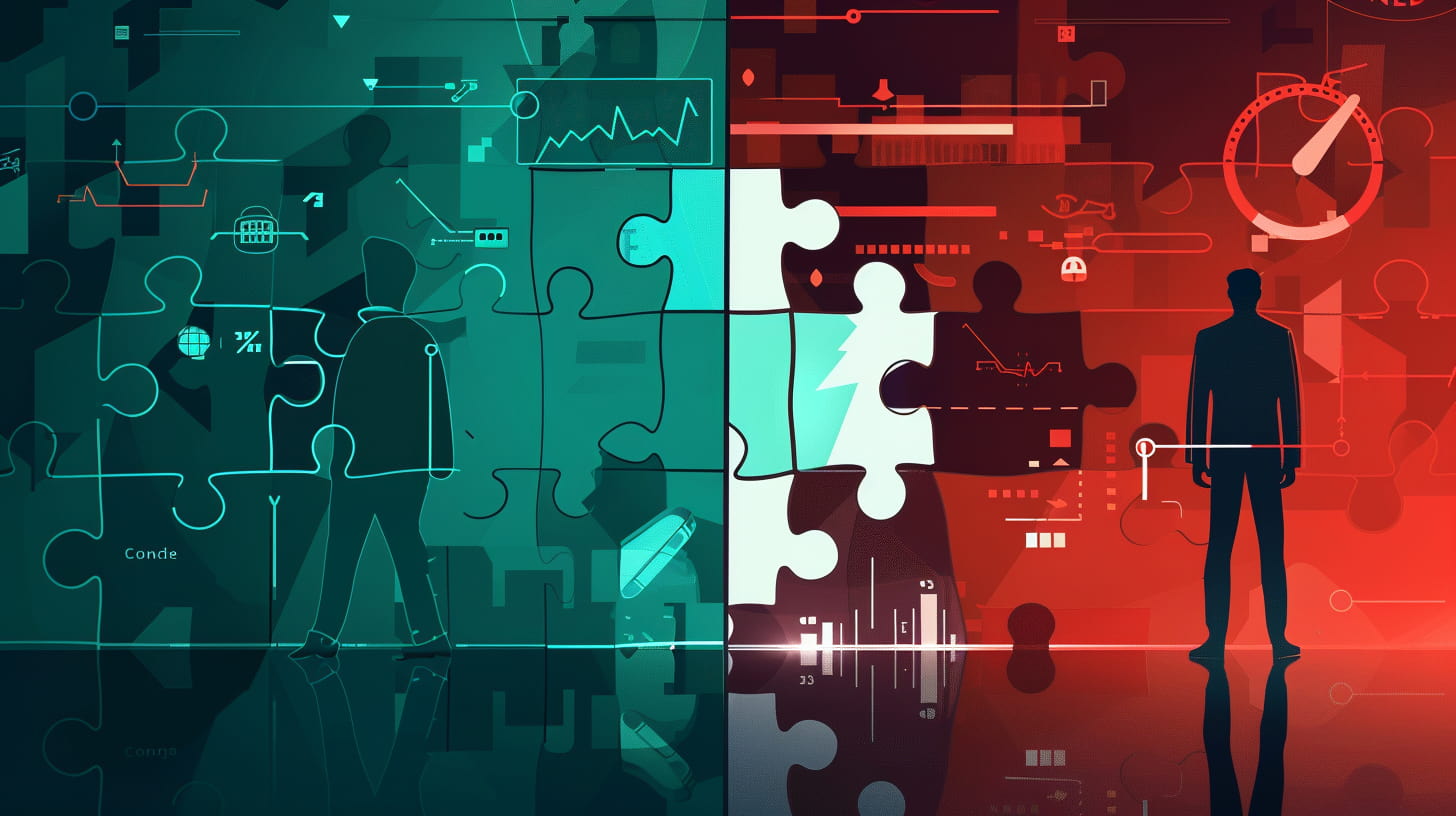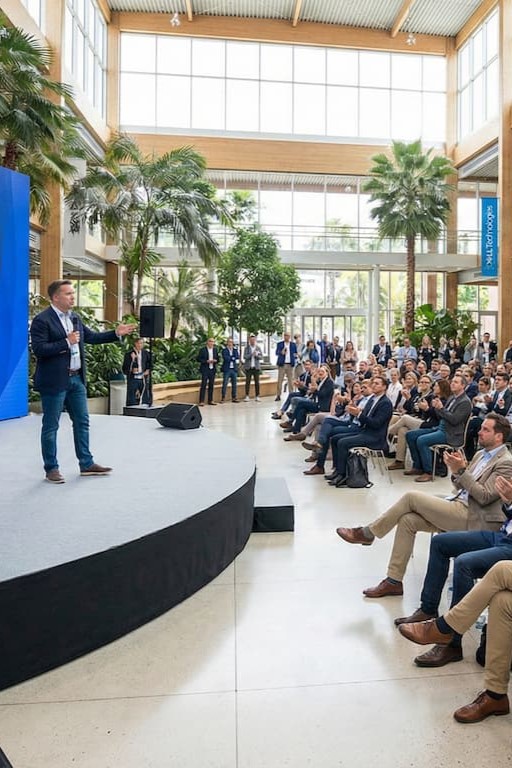Dan Charles
11/09/2025
Table of Contents
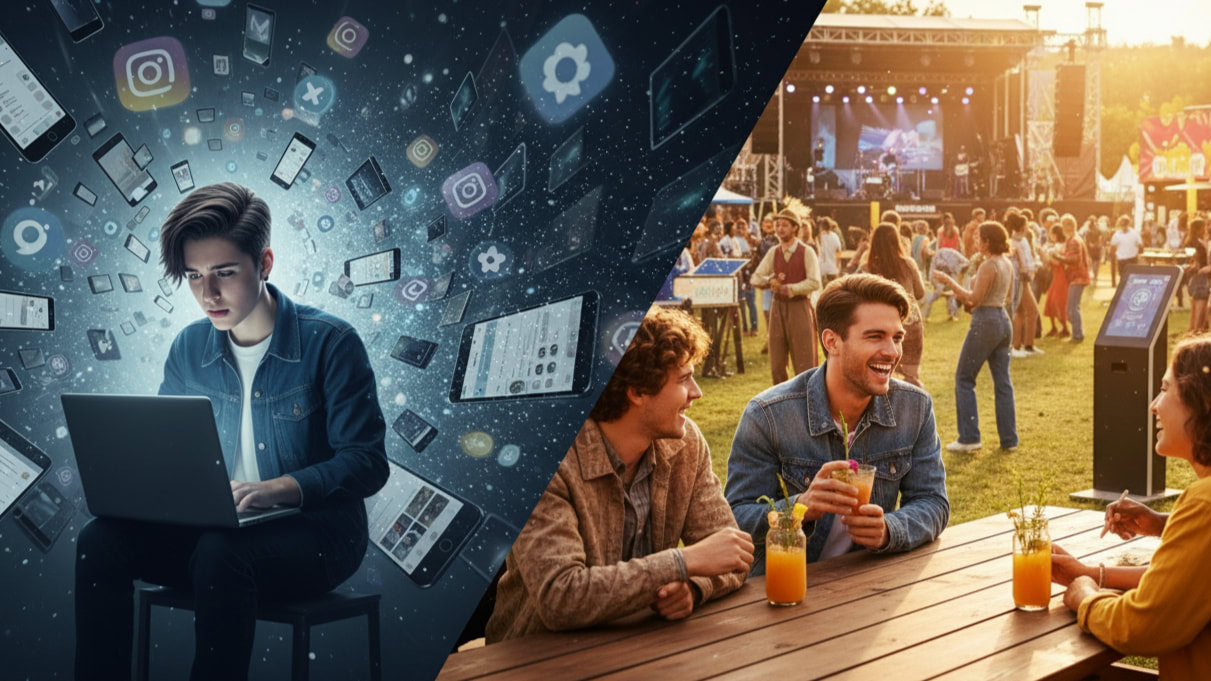
Key Takeaways
- Gen Z attendees are nearly 4x more engaged at in-person events than digital ones, shattering the “digital native” stereotype.
- The “Digital Saturation Effect” explains this shift: Gen Z actively seeks real-world experiences to balance their screen-heavy daily lives.
- AI is not a replacement for human connection; it’s a tool to enhance it by personalizing experiences and streamlining event logistics.
- The future of events belongs to companies that use smart technology to make real-world experiences more human, memorable, and impactful.
Eighteen months ago, I noticed something odd in our client data that challenged everything the industry believed about Gen Z.
A corporate client running hybrid events showed digital engagement consistently dropping while in-person registrations hit capacity weeks early. The conversion rates told the real story: digital attendees converted at 12%, but in-person attendees hit 47%.
Nearly a 4x difference.
At first, I thought it was a fluke. Then I saw the same pattern across multiple clients. Gen Z attendees, who everyone assumed would prefer digital experiences, were actually the most engaged at physical events.
They stayed longer, participated more, and scored consistently higher on post-event surveys than any other format we tested.
The Digital Saturation Effect
The explanation makes perfect sense when you think about it. Gen Z grew up completely immersed in digital technology. Phones, screens, internet, Google assistants, AI – this is their absolute norm.
While millennials and Gen X are still adapting to digital tools, Gen Z was born into them.
The result? They’re actively seeking the opposite of what saturates their daily lives. Research shows 91% of Gen Z say technology makes them feel disconnected, and 69% crave balance between digital and in-person experiences.
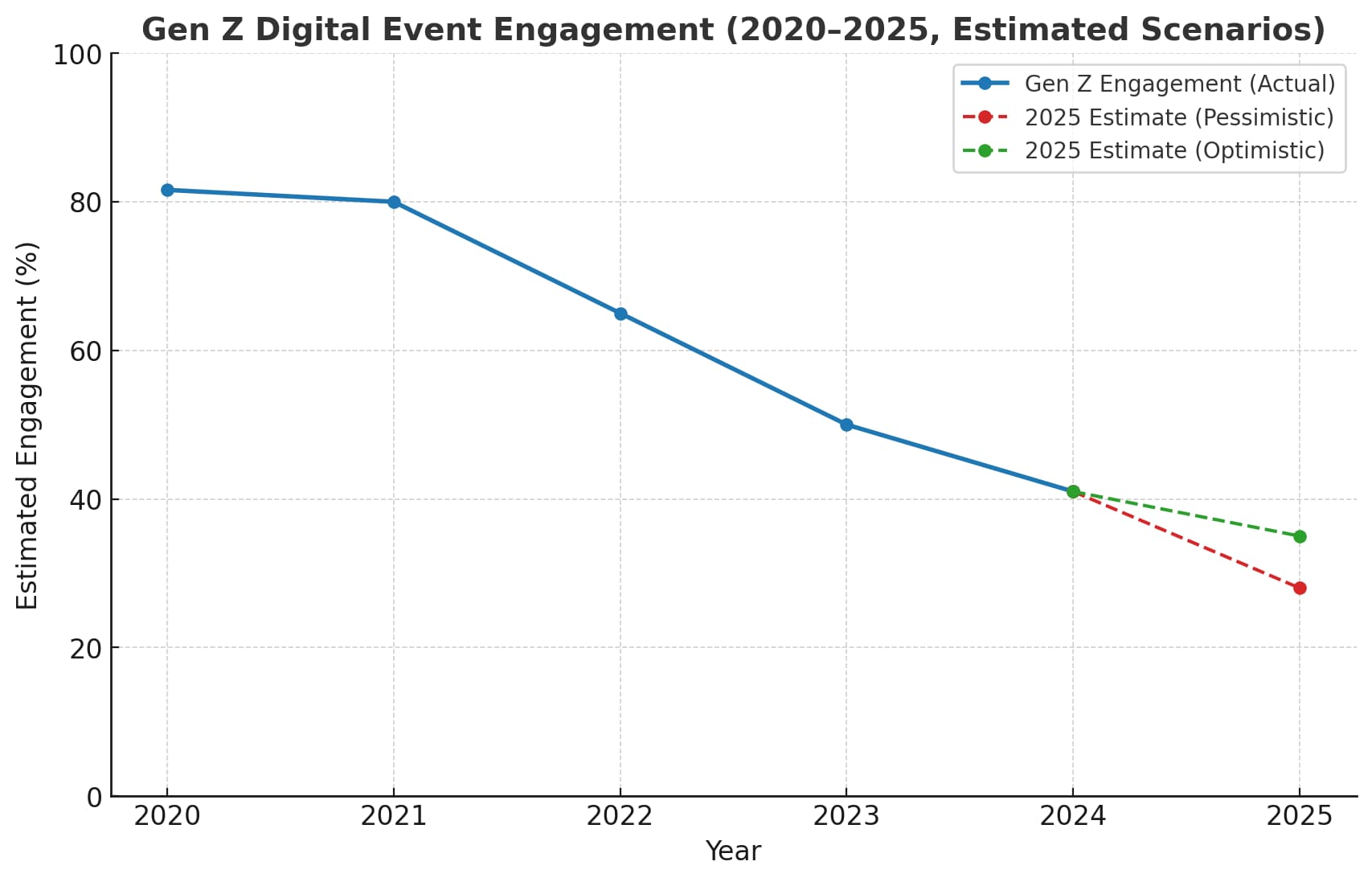
This chart tracks Gen Z’s engagement with digital-only events from 2020–2024 and projects two possible outcomes for 2025. Engagement peaked at over 80% during the pandemic, then steadily declined to ~41% in 2024 as hybrid and in-person formats returned. For 2025, Codarity’s research and observations estimate a range between 28% (pessimistic) and 35% (optimistic), aligning with industry data showing only ~21% of events planned as virtual-only and shifting Gen Z preferences toward hybrid formats. These trends reflect the broader context of virtual event benchmarks and emerging innovations such as agentic AI in event design.
You’ll find more Gen Z people hiking, taking cookery classes, attending workshops, and joining extracurricular activities. They want experiences that are memorable, exciting, different, and novel.
Digital experiences, staring at screens, simply aren’t as memorable as being at an event on a specific date with friends, doing something genuinely unique.
The AI Enhancement Opportunity
The biggest mistake I see event companies making is missing opportunities for real-time personalization and interaction. AI offers truly scalable ways to personalize experiences, communicate with individual attendees, and gather conversational insights impossible through surveys or forms.
Picture this: attendees arrive and scan a QR code, instantly accessing their personalized event system. The AI knows everything about the event, all the brands, cross-referenced with CRM data and registration information.
Throughout the event, they interact in real-time, finding information, schedules, brands, and services that actually interest them. The system helps plan their schedule, books them into talks, arranges networking opportunities.
This creates a far more memorable experience. AI-driven platforms have already reduced check-in times by 70% and increased attendee engagement by 40%, with personalized experiences leading to 30% increases in repeat business.
Making Events More Human
Many event companies worry AI might remove the human element. Actually, it enhances it.
When attendees focus on speakers, artists, brands, and services that actually matter to them instead of navigating irrelevant content, they have more bandwidth to enjoy what counts.
This personalization gives event organizers data to have more meaningful, relevant conversations with attendees in real-time. It makes experiences more human, not less.
The industry needs to stop viewing technology as a replacement for physical experiences. With 78% of organizers identifying in-person events as their most impactful marketing channel and premium events commanding larger portions of marketing budgets, smart companies will use digital tools to enhance traditional experiential marketing.
The future belongs to event companies that understand this fundamental truth: Gen Z doesn’t want more screens. They want better real-world experiences, intelligently enhanced by technology that fades into the background.
The data proves it. The psychology explains it. The technology enables it.
The question is whether event companies will adapt quickly enough to capitalize on this massive opportunity.
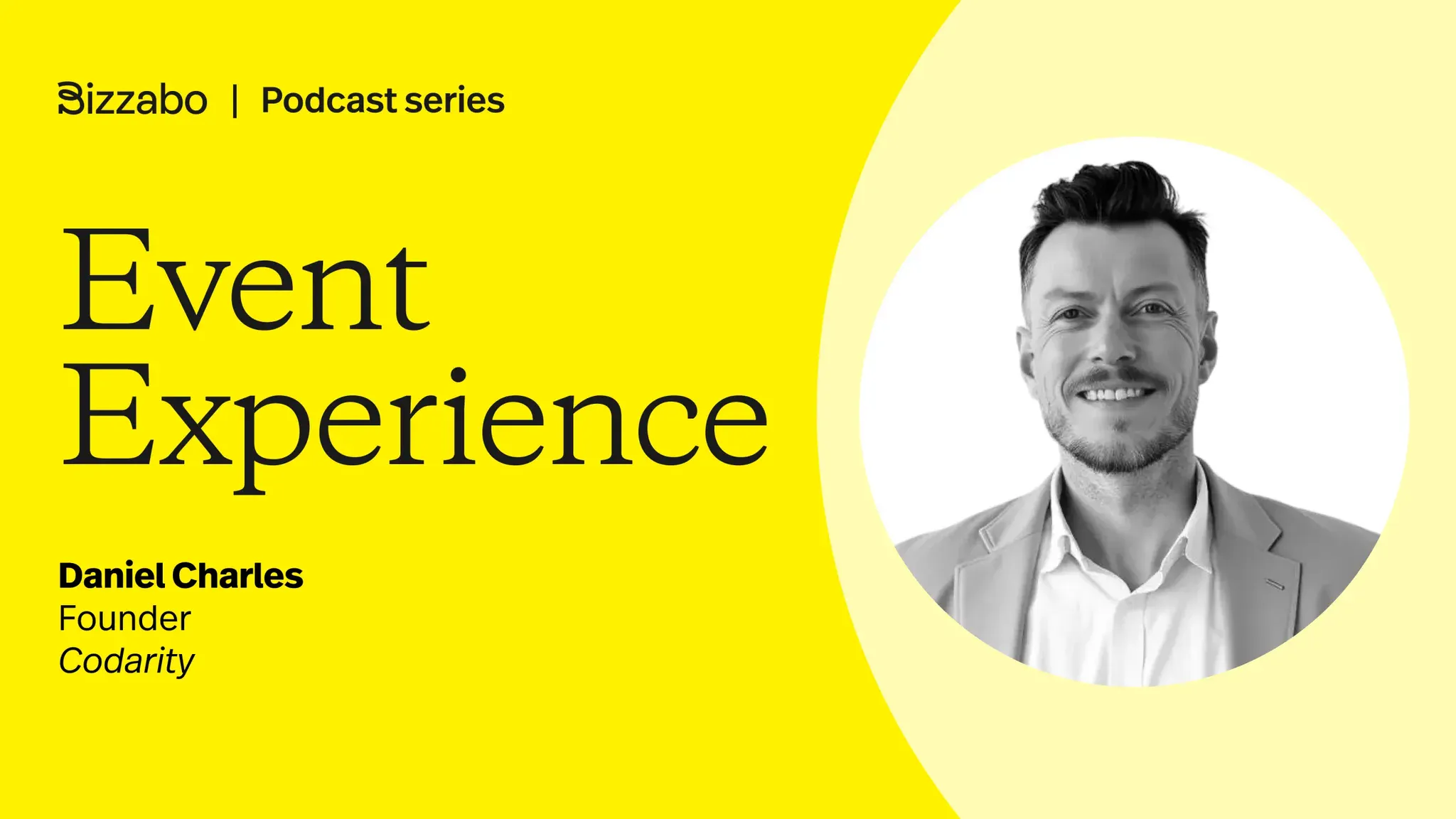
Behind the Podcast: What Event Businesses Really Need to Break the Feast-or-Famine Cycle
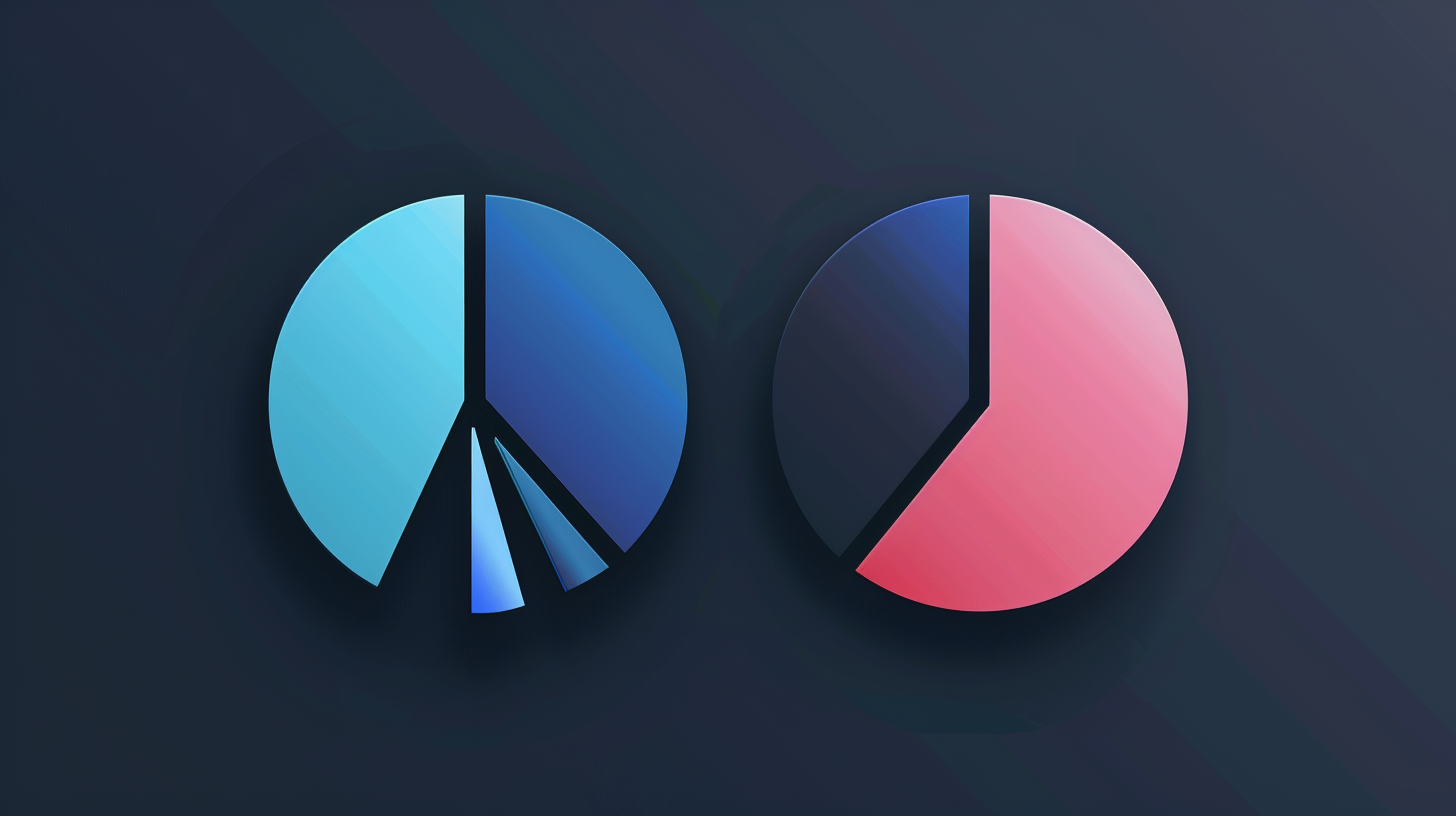
The Real AI Revolution in Events Isn’t What Cvent’s Selling
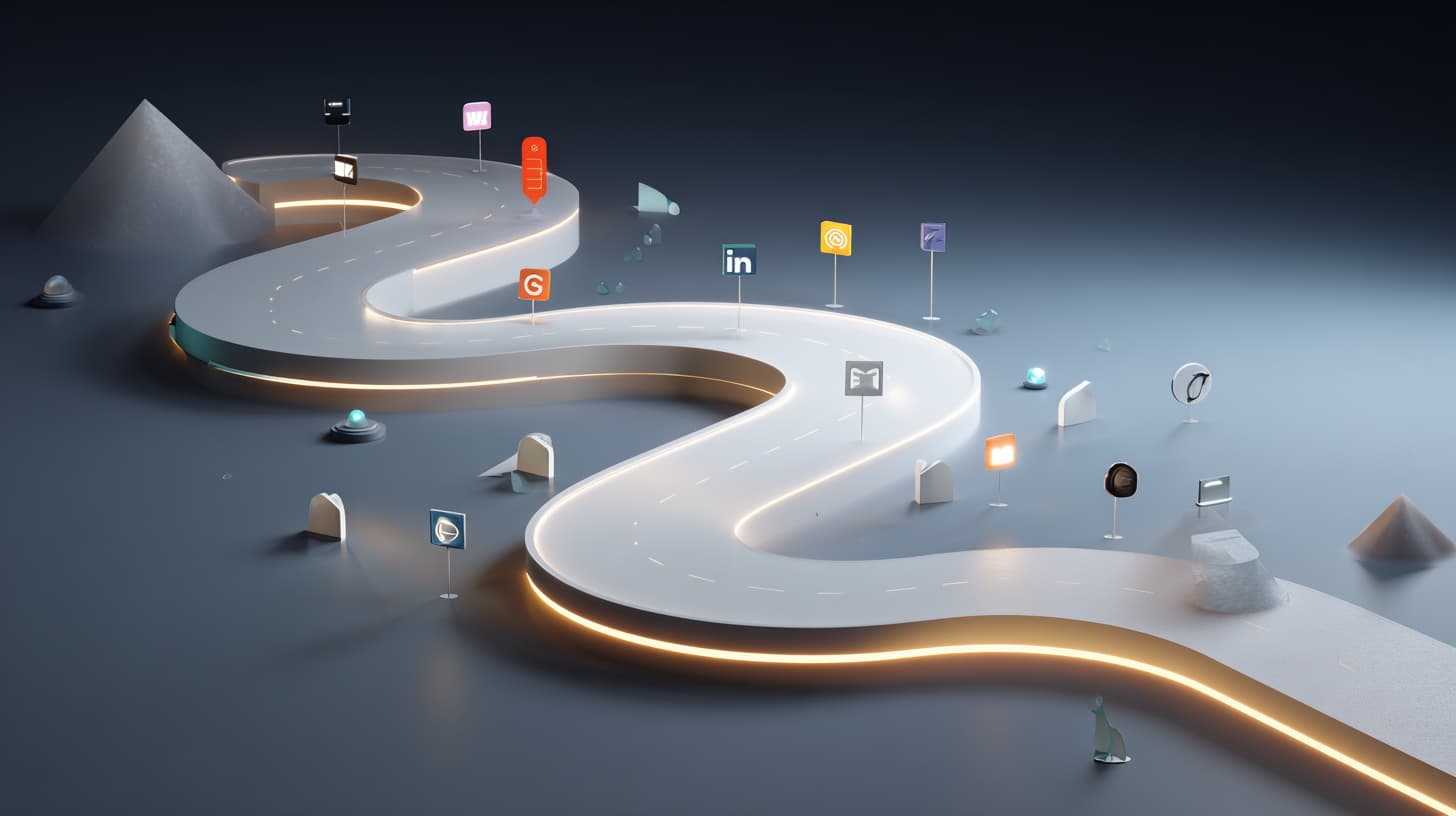
Why Your Event Business Doesn’t Need More Martech: It Needs a Coherent Message
